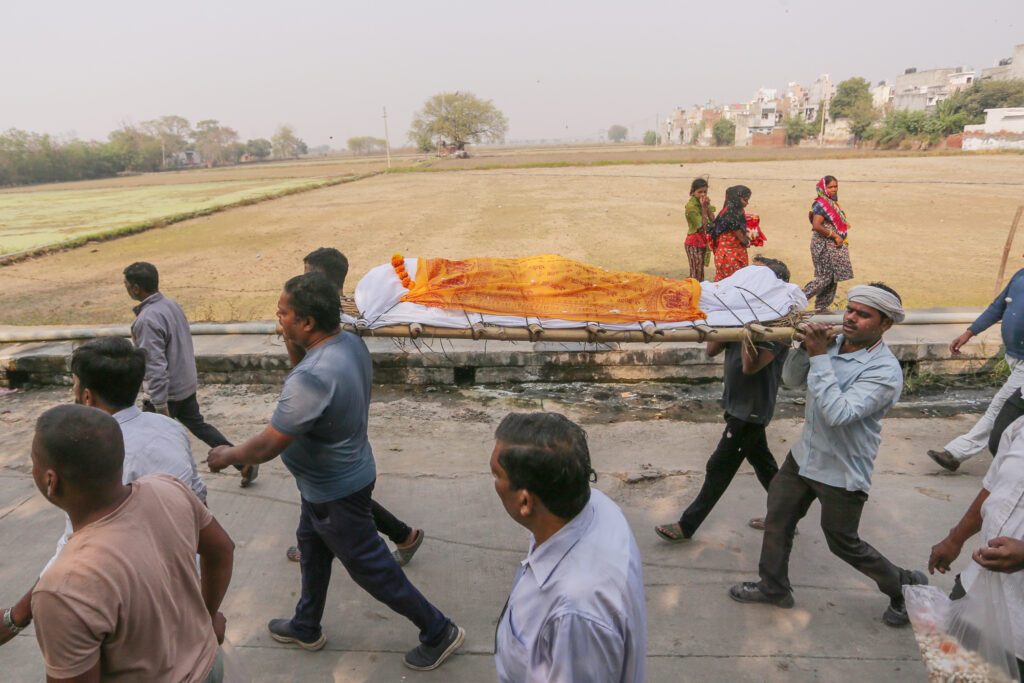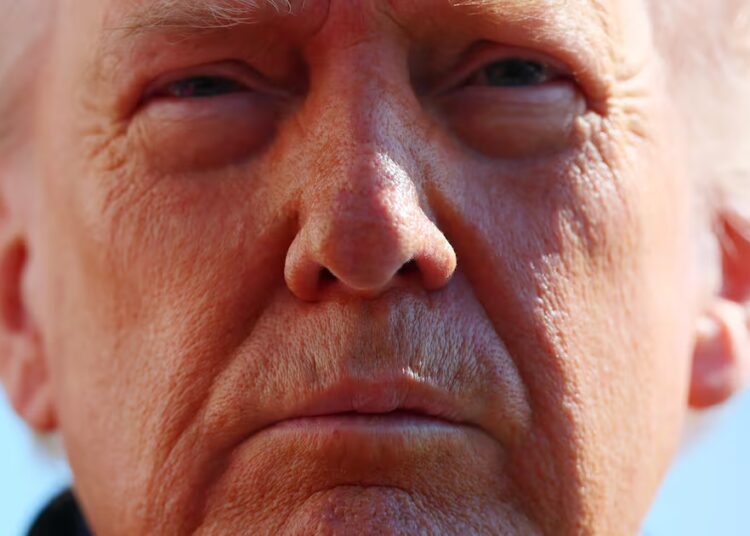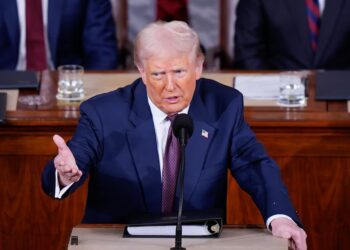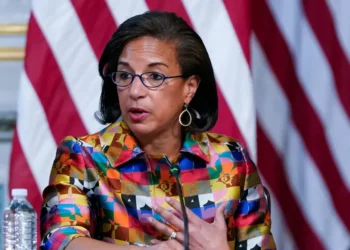NEW DELHI — After India’s military confrontation with Pakistan in the spring, Prime Minister Narendra Modi’s government declared a new national security doctrine: Any future terror attack would be treated as an “act of war.”
Roughly six months later, a car bomb exploded near the Red Fort, a major tourist landmark in Delhi, killing at least 15 people and testing India’s freshly drawn red line. The government was quick to label the attack, the first of its kind in the capital since 2011, a “terrorist incident.” The prime minister vowed that “all those responsible will be brought to justice.”
Since then, however, the official response has been muted, and updates on the investigation incremental. Most tellingly, India has not pointed the finger at Pakistan, its nuclear-armedneighbor, which it quickly blamed in April when militants gunned down 26 people in Indian-administered Kashmir. Pakistan denied the charge, but India responded with its most forceful and far-reaching military operation in decades — bringing the archrivals perilously close to all-out war.
Though Indian media has reported that suspects in the Red Fort blast could have ties to a Pakistani militant group, the Modi administration has been careful in its language, attributing the attack more generally to “anti-nationalist” forces.
The government’s restrained reaction, according to political analysts, reveals its recognition that there is little international appetite for another exchange of strikes with Pakistan. It also highlights that India’s new military credo announced in May — which it said had “eliminated the false distinction between terrorists and their state sponsors” — would be difficult to adhere to as a matter of policy.
“This is not a serious national security doctrine … it’s rhetoric,” said Sumantra Bose, a comparative political science professor at India’s Krea University. “If you try to translate it into action, it’s not practicable.”
Modi’s office did not respond to a request for comment. India’s Ministry of Home Affairs declined to comment while an investigation was ongoing.
In the immediate aftermath of the explosion near the popular Mughal monument — which attracts millionsof visitors each year — the government swiftly ruled out the possibility of an accident and promised retribution.
“The conspirators behind this will not be spared,” Modi said in a Nov. 11 speech during a visit to Bhutan. His home minister, Amit Shah, posted on X that authorities would “hunt down each and every culprit” and that those involved would “face the full wrath of our agencies.”
The warnings were uncharacteristically vague, analysts noted. “Naming and blaming Pakistan for terror incidents in India has been a long-standing reflexive reaction of Indian governments,” Bose said, “regardless of whether Pakistan was actually involved.”
But experts pointed to the new geopolitical realities facing India after the most recent conflict, which including the bombing of Pakistani military bases, the downing of Indian fighter jets and deadly cross-border shelling across the Line of Control, the de facto border that divides the contested territory of Kashmir.
India’s decision to launch “Operation Sindoor” without presenting robust evidence linking the Kashmir attack to Islamabad wound up eating away at its international support, said Michael Kugelman, a nonresident senior fellow at the Asia Pacific Foundation of Canada. As the violence escalated, the United States, Britain, Russia and other global powers urged diplomacy and de-escalation.
“India really got burned,” Kugelman said, adding that “many key players” came around to Pakistan’s position that it “was being punished for something that it didn’t do, or that it had nothing to do with.”
Now, he continued, “India wants to ensure that it maintains the sympathy and the support that it has from the international community.”
President Donald Trump’s response to the crisis may also be informing New Delhi’s response, analysts said. Trump has repeatedly claimed he helped broker the May ceasefire between New Delhi and Islamabad, which irked Indian officials, who are adamant the agreement was reached directly with Pakistan — in line with India’s long-standing position that issues between the countries be resolved without third parties.
Pakistan, for its part, thanked the U.S. president for his intervention and nominated him for the Nobel Peace Prize. In the months since, Islamabad has drawn closer to Washington. Army chief Asim Munir has made multiple visits to the Oval Office and Trump has boasted of joint plans to explore Pakistan’s “massive oil reserves” and develop the country’s supply of rare earth minerals.
U.S.-India relations, meanwhile, have sunk to new lows. Amid stalled trade talks, Trump slapped a 25 percent tariff on New Delhi, then doubled the rate to 50 percent as a punishment for India’s purchases of Russian oil. Senior Trump advisers branded the conflict in Ukraine as “Modi’s war” and accused New Delhi of being a “laundromat for the Kremlin.”
In recent weeks, Trump has used more conciliatory language, expressing his “great love and respect” for Modi and praising him as a tough leader. With trade negotiations seemingly back on track, India probably doesn’t want to stir up tensions with Pakistan again, said Sushant Singh, a South Asia expert and lecturer at Yale University.
“Trump is keen to be seen as a peacemaker,” he said. If New Delhi were to blame Islamabad for the car blast, “they know that Trump will get angry, the trade deal won’t happen [and] they will be publicly embarrassed.”
Hours before the Delhi attack, police in Indian-administered Kashmir announced they had “busted” a terror network with links to Jaish-e-Muhammad, a Pakistani militant group, and Ansar Ghazwat-ul-Hind, an al-Qaeda-affiliated organization. Seven people were arrested and more than 6,000 pounds of bombmaking material was seized, according to police.
Umar Nabi, a Kashmiri doctor whose DNA was found in the car that exploded near the Red Fort, was part of the same “white-collar” terrorist module and had ties with doctors arrested in the earlier raid, Indian media has reported, citing police investigators.
Singh said it’s notable that neither the government nor the police have made more of these potential ties in public. Under normal circumstances, he said, the “rhetoric from the Indian side would have been very different.”
For New Delhi to concede it has not followed through on its revised national security doctrine “would be a very damaging loss of face,” Bose said. So it “remains on the books,” he said, even if “it appears to have been, for the time, abandoned in practice.”
The post Delhi car blast reveals limits of Modi’s new war doctrine, analysts say appeared first on Washington Post.




